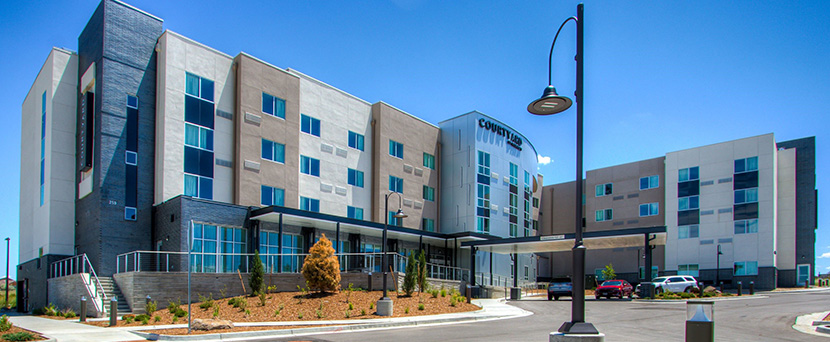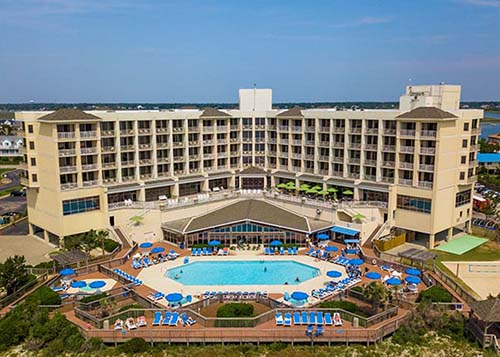
Dealmaker: Marcus & Millichap Closes Two Hotel Sales for $58M
Marcus & Millichap, Calabasas, Calif., brokered two hotel property sales for a combined $58.1 million.

In Aurora, Colo., Marcus & Millichap sold the newly constructed four-story Courtyard by Marriott Denver-Aurora hotel for $27.9 million.
Legendary Capital, Fargo, N.D., acquired the 141-room asset, said Gordon Allred, Senior Managing Director of Investments in Marcus & Millichap’s Ontario, Calif., office. Allred and Joshua Tammen, Vice President of Investments in Phoenix, handled the brokerage assignment. Marcus & Millichap’s Colorado broker of record Adam Lewis assisted in closing the transaction.
Completed in 2020, the hotel is located directly behind the 2nd Avenue & Abilene light rail station near the University of Colorado Anschutz Medical Campus. The city’s recently redesigned Rocky Mountain Regional VA Medical Center Hospital and the Fitzsimons Innovation Community life sciences research campus are nearby.
In December, Marcus & Millichap sold a 184-room Holiday Inn Resort located near Wilmington in Wrightsville Beach, N.C. for $30.25 million.

Built in 1999, the seven-story property is located directly on Wrightsville Beach.
“This Holiday Inn Resort drew a tremendous amount of national interest because of its location in a high-end beach destination with an undeniably high ceiling,” said Robert Hunter, First Vice President of Investments and Senior Director of Marcus & Millichap’s Hospitality Division. “North Carolina is consistently recognized as one of the fastest-growing states and Wrightsville Beach is a short drive from its largest population centers.”
Hunter and Marcus & Millichap’s Christopher Martin and David Altman along with R. McLean Hicklin III listed the property for the private partnership seller. Hunter, Hicklin and Martin also secured the limited liability company buyer. Regional Manager Ben Yelm helped close the transaction.
“New hotel supply in Wrightsville Beach faces multi-layered barriers to entry that are unmatched by other most seasonal leisure markets,” said Hunter. “Ultimately, the premium for those barriers and the desirability of the asset itself helped restore value to roughly 86 percent of pre-COVID market value.”
